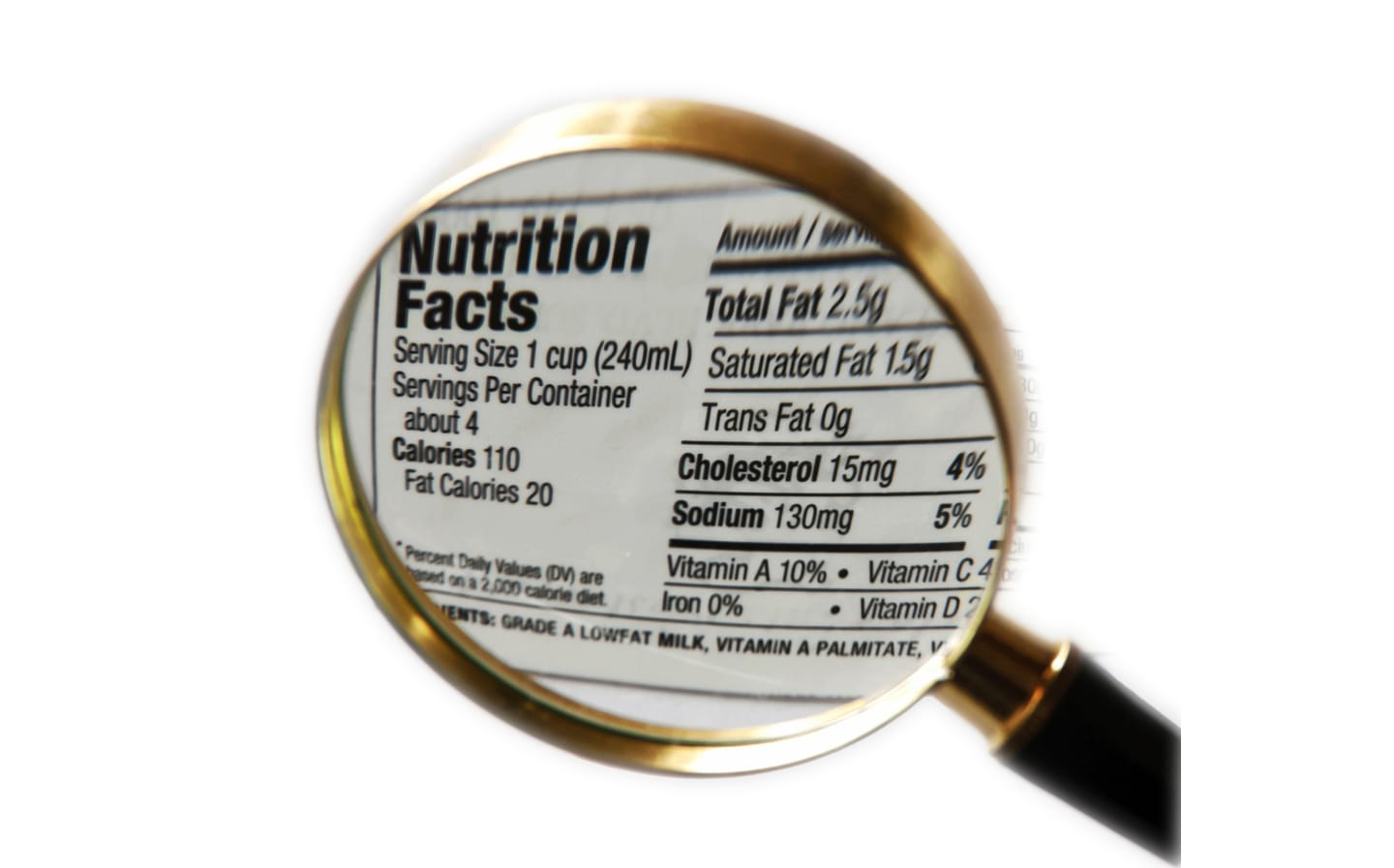Low-carbohydrate diets such as the Paleo and Atkins diets may be popular for weight loss and good health, however the medical research finds they provide little or no benefit.
What’s a low-carbohydrate (carb) diet?
The food you eat is made up three energy nutrients – carbohydrates, protein and fat. The Australian Government guidelines for weight loss and good health are that your total diet should be made up of 45–65% carbs. Low-carb diets are < 45% – for example, Paleo diets are 35-45% carbs and the Atkins diet only 10%.
Limited or no benefit
Studies on low-carb diets show some positives such as possible short-term benefits for diabetes and reduced hunger and increased feelings of fullness. However there’s no proof they reduce health problems such as heart disease, cancer and diabetes.
And while low-carb diets can help you lose weight, other diets such as low-fat diets are just as effective. What’s more, the reason you lose weight due to reducing carbs is concerning.
Your body needs carbs to work efficiently. So when not enough carbs are eaten, your body burns up its own carbs (glycogen), which are stored in muscles. It also converts protein into carbs (glucose). Both of these biochemical processes produce several kilos of excess water that your body has to urinate out. As a result, much of the early weight loss is just water.
What to do?
The best approach for weight loss and good health is regular exercise and eating food amounts that match your energy needs, all in a balanced diet that achieve the Australian Government recommended guidelines including:
- plenty of vegetables
- fruit
- grain foods
- lean meats and poultry, fish, eggs, tofu, legumes, nuts, seeds
- dairy products, mostly reduced fat
- lots of water
Further Information
- Speak to your GP
- Visit Dietitian’s Association Australia


